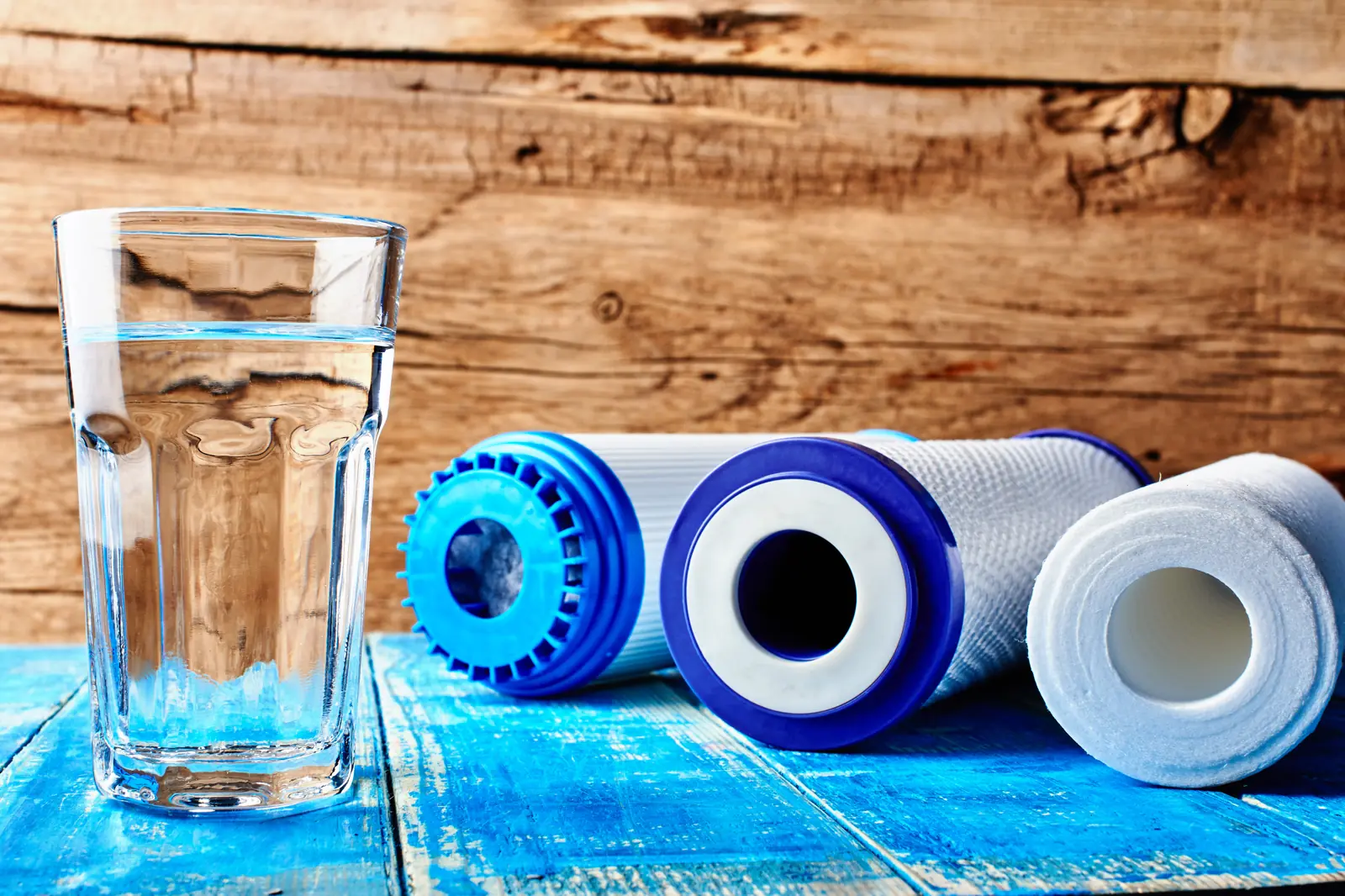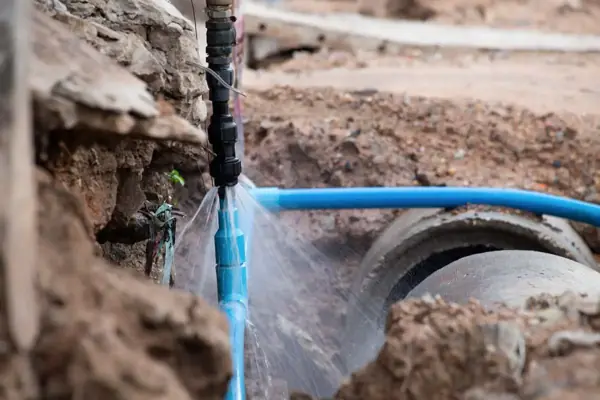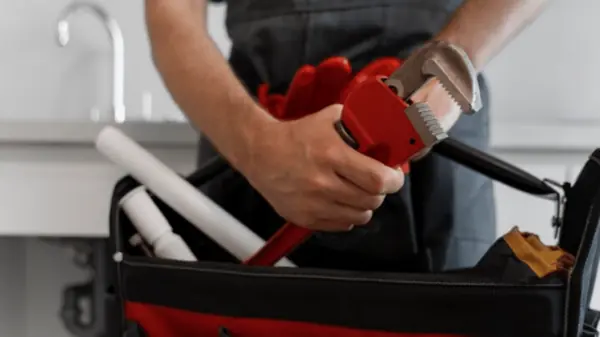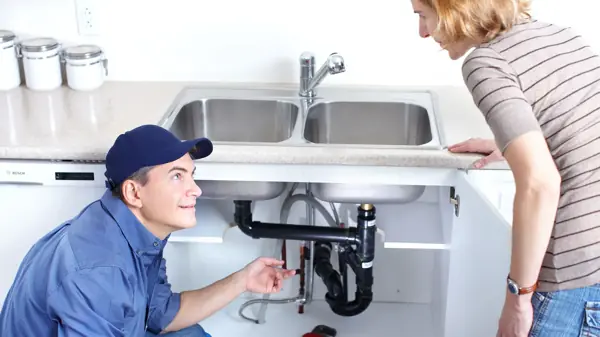Access to clean drinking water is essential for maintaining good health and well-being. While municipal water systems often provide treated water, contaminants can still enter your home’s supply. Systems that filter water provide an efficient solution for several problems improving drinking water quality by removing harmful impurities.
Understanding how these systems work, the best types available, the health benefits of filtered water, and the necessary maintenance for optimal performance can empower homeowners to make informed choices about their water quality.
How Do Water Filtration Systems Remove Contaminants from Drinking Water?
Water filtration systems are designed to remove impurities from drinking water through the use of a variety of different technologies. The fundamental purpose of these systems is to eliminate harmful substances, particles, and bacteria that have the potential to have an effect on the quality of the water. Despite the fact that the efficiency of these systems is contingent on the particular technology and procedures that are put into place, this is the situation that has arisen.
One common method used in filtration systems is mechanical filtration, which physically removes larger rust, sediment, and dirt are some of the things that might be found in the water. This process typically employs a filter media that traps these particles as water flows through, leaving cleaner water behind.
Activated carbon filtration is another widely used technique. Activated carbon is a porous material with a large surface area, allowing it to adsorb impurities such as chlorine, volatile organic compounds (VOCs), and certain heavy metals. This method effectively reduces unpleasant tastes and odors, making water more palatable.
Reverse osmosis is a more advanced filtration method that removes a broader range of contaminants. In this process, only water molecules are able to flow through a membrane that is only partially permeable to water. Water is driven through the barrier while blocking larger molecules, including salts, bacteria, and other impurities. This method is highly effective for improving water quality, particularly in areas with high levels of dissolved solids.
When it comes to removing bacteria, viruses, and other types of pathogens from the environment, ultraviolet (UV) purification is yet another efficient technology that makes use of ultraviolet light. Purification using UV light is the name given to this method.
Even though ultraviolet (UV) purification does not physically remove contaminants, it is vital to ensure that the water is safe to drink by rendering harmful bacteria inactive. This is done in order to ensure that the water is safe to consume.
By applying any one of these approaches, or a combination of them, water filtration systems have the potential to greatly enhance the quality of drinking water, thereby supplying individual households with water that is both safe and clean for use.
What Types of Filtration Systems Are Best for Improving Drinking Water Quality?
Several water filtration systems are available, each with unique benefits and capabilities. The best system for improving drinking water quality depends on the specific contaminants in your water supply and your household’s needs.
1. Activated Carbon Filters: These are one of the most popular and affordable filtration options. They effectively remove chlorine, sediment, and other impurities that can affect taste and odor. Activated carbon filters come in various forms, including faucet-mounted filters, pitcher filters, and under-sink systems.
2. Reverse Osmosis Systems: Reverse osmosis systems are ideal for households needing a wide variety of contaminants, such as heavy metals, fluoride, and nitrates, which are eliminated by this process. Sediment filters are usually included in these systems, which typically consist of numerous stages of filtration and carbon filters, followed by the reverse osmosis membrane. While they are more expensive than basic carbon filters, they provide superior purification.
3. UV Purification Systems: In the event that there is a worry regarding microbiological contamination, UV purification devices are extremely effective. UV radiation is utilized by these systems to eliminate or render bacteria and viruses inactive, rendering drinking water safe to consume. For thorough water treatment, ultraviolet (UV) systems are frequently employed in conjunction with other filtration technologies.
4. Whole-House Filtration Systems: People who are looking for a comprehensive water purification solution for their entire family should give serious thought to the installation of a whole-house filtration system on their property. This system removes contaminants from the water supply throughout the entire home. This is something that should be considered. Every single drop of water that comes into the house is treated by these systems, which are installed at the point of entrance. They often include sediment and activated carbon filters and sometimes reverse osmosis and UV purification for maximum effectiveness.
5. Water Softeners: While primarily used to treat hard water, water softeners can improve overall water quality by reducing calcium and magnesium levels preventing scaling in plumbing fixtures and appliances. Although not a filtration system per se, they contribute to better water quality in the home.
Choosing the right type of water filtration system depends on your specific water quality concerns and preferences. Testing your water for contaminants can help determine which system will provide the best results for your household.
Why Is Filtered Water Better Than Tap Water for Your Health?
Filtered water offers several health benefits over regular tap water, making it a smart choice for you and your family. Here’s why filtered water is better:
- Removes Contaminants: Tap water can contain impurities like chlorine, lead, and other harmful chemicals. Filtering your water helps remove these contaminants, providing you with cleaner and safer water to drink.
- Improves Taste and Smell: Ever notice a strange taste or odor in tap water? That’s often due to chlorine or minerals in the water supply. Filtered water eliminates those unpleasant tastes and smells, making it more enjoyable to drink.
- Protects Against Harmful Bacteria: While tap water is treated for safety, some harmful microorganisms can still make it through. A quality water filter can provide an extra layer of protection by removing bacteria and parasites.
- Reduces Plastic Waste: Choosing filtered water over bottled water is an eco-friendly option. You’ll reduce plastic waste while still enjoying clean, fresh water at home.
- Supports Overall Health: Drinking more water is essential for good health, and when your water tastes better and is free of harmful substances, you’re more likely to stay hydrated. This helps with digestion, skin health, and energy levels.
Making the switch to filtered water is an easy way to improve your health and enjoy fresher, safer water every day!
How Often Should Water Filtration Systems Be Maintained to Ensure Optimal Water Quality?
Regular maintenance of water filtration systems ensures optimal performance and water quality. The specific maintenance needs will vary depending on the type of filtration system you have, but there are general guidelines to follow.
It is recommended that the filter cartridge be changed every six months to one year for activated carbon filters, depending on water quality and usage. If you notice changes in water taste or odor before this time frame, it may indicate that the filter is saturated and needs replacement.
Reverse osmosis systems typically require more frequent maintenance, as they have multiple stages of filtration. Depending on usage and water quality, it is advisable to replace the pre-filters and post-filters every six months and the reverse osmosis membrane every two to three years.
UV purification systems also require regular maintenance, particularly when changing the UV lamp. These lamps usually have a lifespan of about 12 months, after which they should be replaced to ensure optimal performance.
Whole-house filtration systems may have different maintenance schedules based on the type of filtration used. The manufacturer’s guidelines may provide specific recommendations regarding filter changes and system checks.
Regular maintenance ensures that your water filtration system operates efficiently and extends its lifespan, saving you money in the long run. Establishing a maintenance schedule based on the type of filtration system you use will help you enjoy clean, safe drinking water year-round.
Ensure Quality Water with Hi-Desert Plumbing
Understanding how water filtration systems work and their benefits can empower homeowners to make informed decisions about their water quality. By choosing the right filtration system and maintaining it properly, you can significantly improve the health and taste of your water supply.
At Hi-Desert Plumbing, we specialize in water filtration systems and are dedicated to helping you achieve the best water quality for your home. Our expert team can guide you through the selection process, install your chosen system, and provide ongoing maintenance to ensure optimal performance.
If you’re ready to enhance the quality of your drinking water, contact us today to learn more about our services and how we can help you enjoy clean, safe water in your home!





